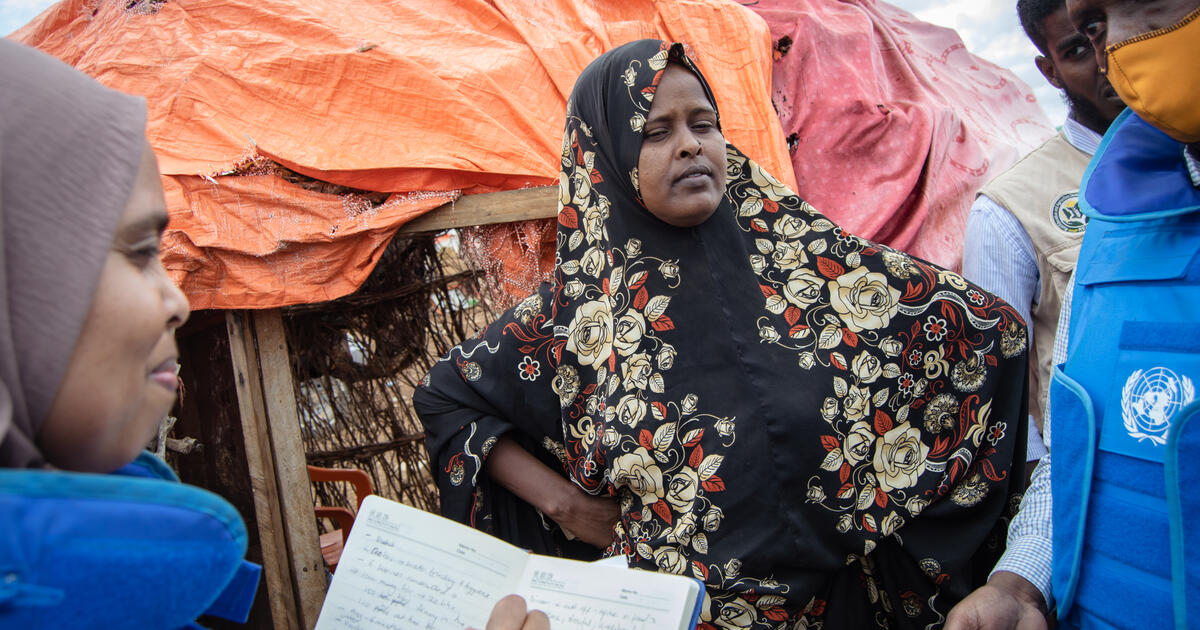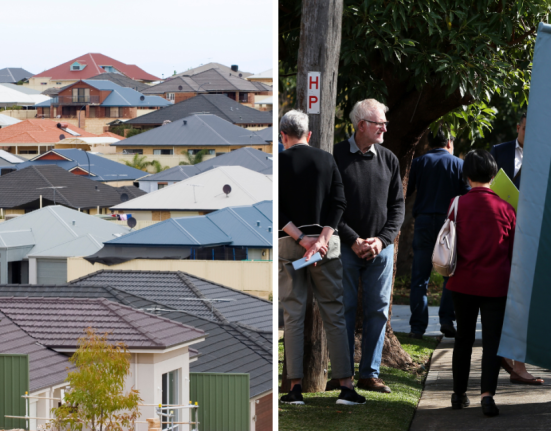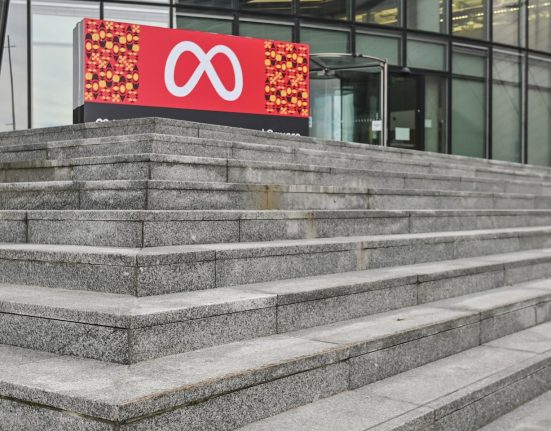Doughten elaborated that the OCHA-managed Country-Based Pooled Funds (CBPFs) “act as catalysts” to improve the capacity of local non-governmental organizations and promote the localization of a response. This year, the CBPFs allocated half of their total funding to local and national partners, including women-led organizations, “to ensure that humanitarian action is truly anchored to priorities on the ground.”
She also reminded participants that of the 133 Member States that contributed to the OCHA-managed Central Emergency Response Fund (CERF), 58 have also received allocations, making it a ‘fund for all, by all.’
Doughten said that given the monumental challenges in our current humanitarian landscape, it was critical to “improve collaboration and complementarity between international, regional, national and local stakeholders.”
She added: “Together, we have solutions for improving the collective response.”
Ahmed Al Rumaihi, Qatar Charity Global’s Director of External Affairs, noted the organization’s recent pledge to donate US$9 million to CERF: “We have a responsibility to ensure that money reaches people as fast as possible. While we typically allocate funds to local partners, the pooled funds allow us to expedite this process.” He added that OCHA’s pooled funds address several issues, including donor accountability.
“By actively engaging in forums like the ECOSOC Humanitarian Affairs Segment, we aim to contribute to the global discourse on enhancing humanitarian action through innovation, partnership and, most importantly, localization.”
On the sidelines
At a separate event on ‘Shaping Futures: Women’s Impact in Humanitarian Transformations,’ Iryna Trokyymn, Vice Head at Centre Women’s Perspectives in Ukraine, emphasized the importance of investing in women and girls, who are the most vulnerable in crises and wars: “We need to have women in decision-making roles. Donors should assist in empowering women and girls, ensuring they are active participants in their communities, financially independent and contributors to their societies.”







